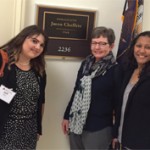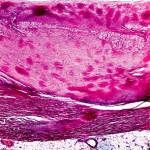After years of speculation about potential cost savings and debates on safety, biosimilars are about to step onto the stage of rheumatic disease treatment. On Feb. 9, the Arthritis Advisory Committee of the U.S. Food and Drug Administration (FDA) met in Washington, D.C., and recommended the approval of CT-P13, a proposed biosimilar to infliximab (Remicade),…









